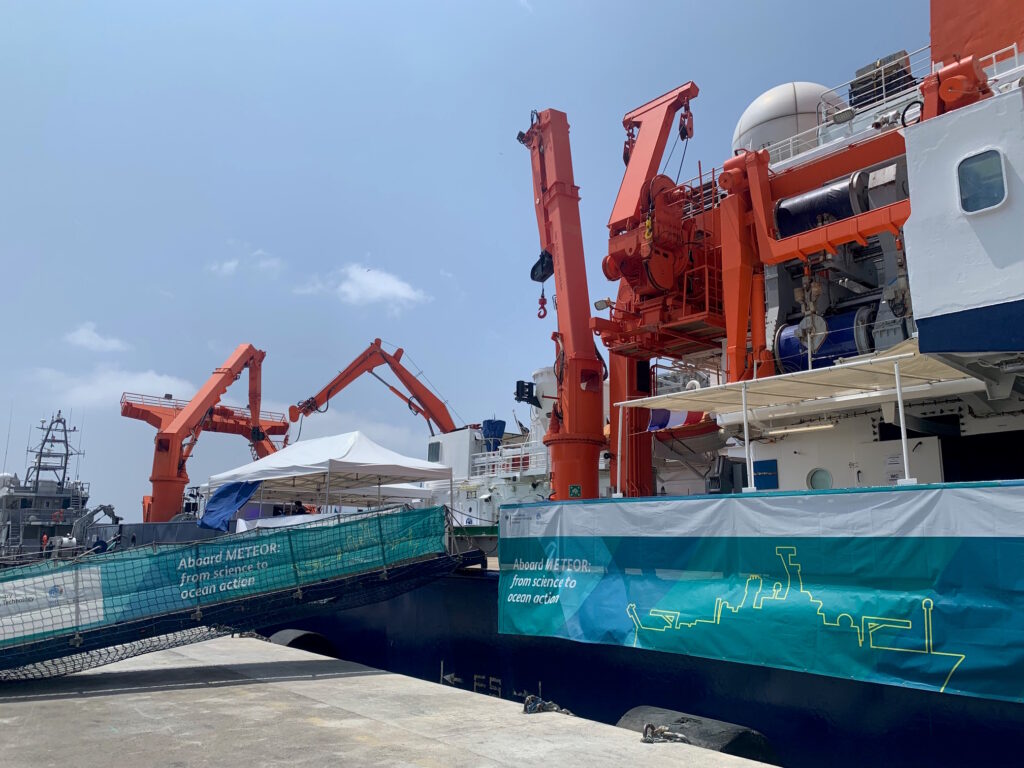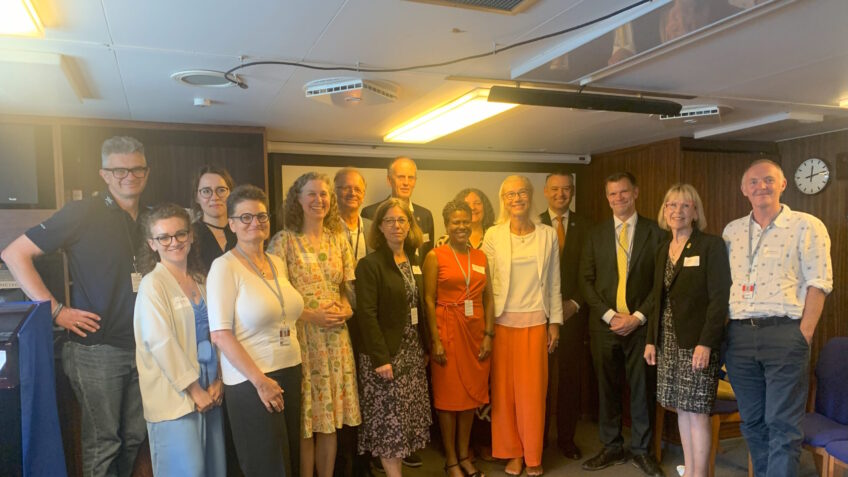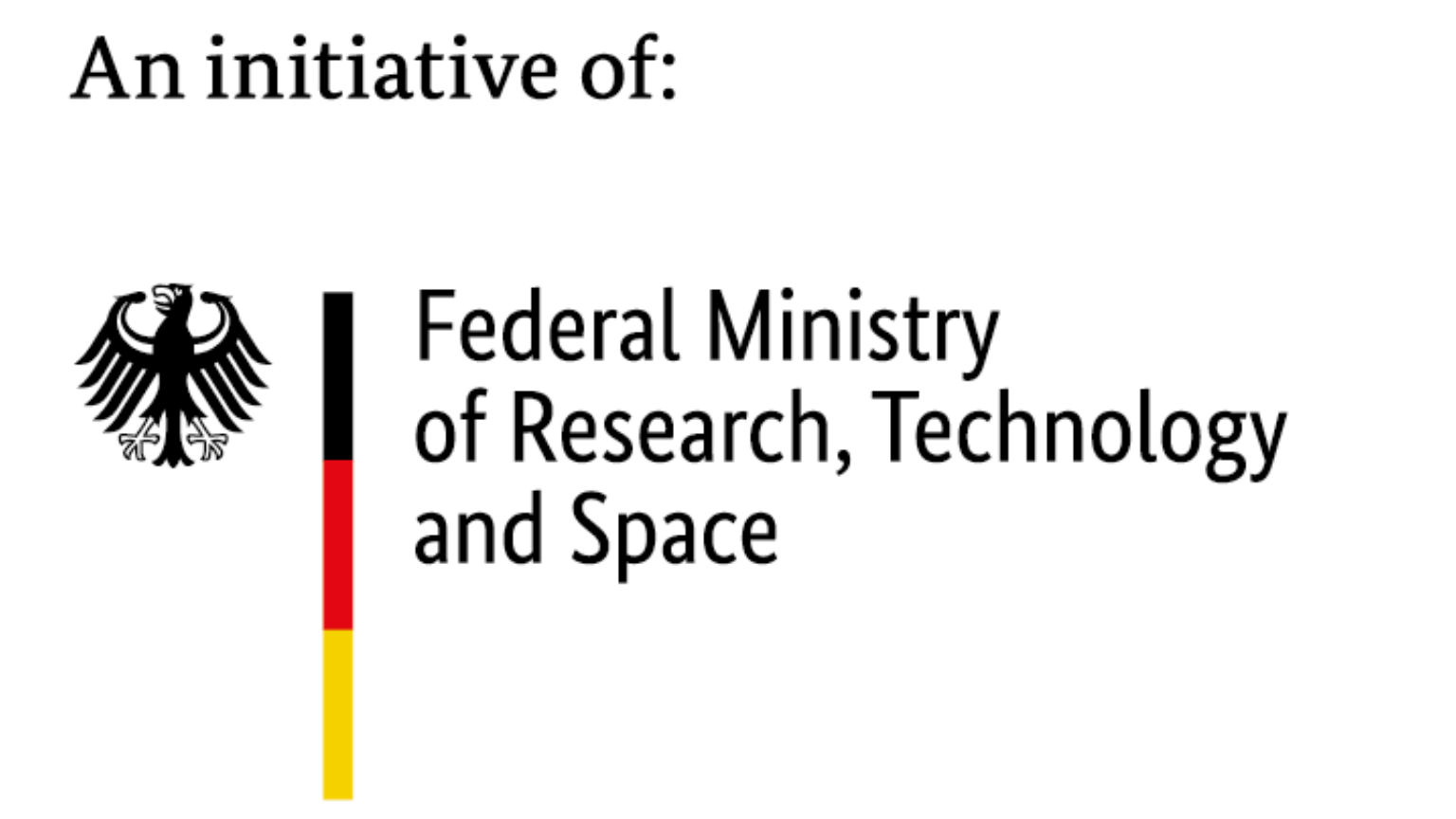
Solution-oriented Ocean Research: Global Perspectives
Key Insights from an International Experts’ Roundtable at UN Ocean Conference (UNOC) 2025, Nice
As part of the UN Ocean Conference UNOC 2025, the German Marine Research Alliance (DAM) hosted a round-table discussion with international experts on “Solution-oriented Marine Research: Global Perspectives” on 9 June. Following this exchange, a summary was prepared in collaboration with the participants, outlining key recommendations for decision-makers in politics, business, and civil society. The goal is to further strengthen solution-oriented research, as it generates actionable knowledge to address the urgent challenges facing our oceans—thereby supporting the sustainable management of coasts, seas, and marine ecosystems.
The recommendations verbatim:
“We must move beyond traditional academic knowledge generation to safeguard our Ocean, from the coasts to the open sea. We need to co-create actionable pathways with a vast array of stakeholders to achieve immediate impact from the local to the global level, across disciplines, sectors, and borders. Solution-oriented research is not optional, it is a necessity.
As an integral part of the Earth system, our Ocean is undergoing increasingly rapid changes and facing urgent problems. The impacts are becoming more visible and demand responses and solutions on much shorter time scales than academia typically requires to generate and transfer knowledge to decision-makers.
Solution-oriented research focuses on the most pressing challenges of our times, aiming for actionable output. It integrates diverse disciplines and engages actors from science, policy, business and civil society through co-design and co-development. Guided by a theory of change and clear communication, solution-oriented research defines the targets (Where do we want to go?), expected impacts, and underlying assumptions. It identifies knowledge needs and methods, creates new and synthesizes existing knowledge, brings the right actors together at the right time, and collaboratively develops solution pathways (How do we get there?). This approach bridges the gap and shortens the time between knowledge generation and real-world implementation. It is designed to identify and develop effective solution pathways more efficiently than traditional, curiosity-driven basic (“blue sky”) research – and find solutions that often could not be found otherwise.
Solution-oriented research must be further strengthened, systematically embedded at both national and international levels, and significantly accelerated to realize its full potential.
We have the tools, knowledge, and partnerships to deliver real-world impact. To speed up action while upholding evidence-based decision-making, we must channel more effort toward solution-oriented research. Key recommendations to guide this effort are:
- Recognize solution-oriented research as essential part of a strategic core academic research portfolio
It complements, rather than replaces basic research; both approaches are interdependent and mutually reinforcing. - Teach and empower the next generation and incentivize solution-oriented research
Adapt incentive systems in academic contexts to reward real-world impact (not just the number of academic publications). - Enhance the resilience of solution-oriented research
Strengthen durable cooperation mechanisms, such as university partnerships, that can maintain collaborations regardless of geopolitical tensions. Ensure reliable funding by diversifying funding sources, and promote cost-sharing between public and private sectors, and between countries and international organizations. - Share and learn from best practice examples; adapt global solutions to local realities
Case studies are powerful tools for demonstrating what truly works (“compare, contrast and contextualize”), and can inspire more actions. Global thinking, local action: to ensure relevance and real-world impact, international research must integrate local knowledge and align with national priorities (co-design), especially in the Global South. - Leverage existing networks for international cooperation
Co-design and implement research using intergovernmental platforms (e.g., UNESCO-IOC, ICES). Leverage synergies across initiatives like the UN Decade of Ocean Science, the EU Ocean Pact, and climate adaptation efforts. Align actions and ensure funding.
We need faster, bolder, and more inclusive collaboration among science, policy, business and society to drive timely and meaningful transformation toward a sustainable and equitable future.
We are committed to taking action now – opening new doors for collaborations and funding to strengthen solution-oriented research.
We call on governments, civil society, and industry to join us in co-designing and championing science-based solutions. With shared courage and commitment, real transformation is within our reach. Let’s act together now.”
Participants of the roundtable:
- Corrine Almeida – Atlantic Technical University, Institute of Engineering and Marine Sciences; West African Science Service Centre on Climate Change and Adapted Land Use | Cabo Verde
- Dorothy Dankel – SINTEF | NO Nordic Marine Think Tank | DK
- Peter Haugan – University of Bergen | Institute of Marine Research | NO
- Alan Haynie – International Council for the Exploration of the Sea | DK
- Vassiliki Kourafalou – University of Miami | USA, Decade Collaborative Center for Coastal Resilience | ITALY
- Margaret Leinen – University of California-San Diego, Scripps Institution of Oceanography | USA
- Daniela Loock – Ocean Networks Canada | CA
- Katja Matthes – GEOMAR Helmholtz Centre for Ocean Research, Kiel | DE (also Moderation)
- Peter Schlosser – Arizona State University | US
- Corinna Schrum – Helmholtz-Zentrum Hereon | DE
- Steve Widdicombe – Plymouth Marine Laboratory | UK
Contact:
Annekatrin Lehmann, Managing Director, Head of Core Area Research DAM

Newsletter
Always up to date with the DAM newsletter. (German only)



